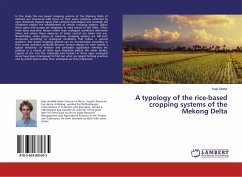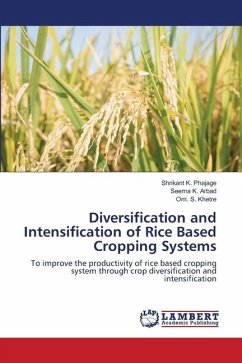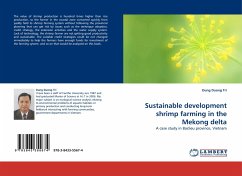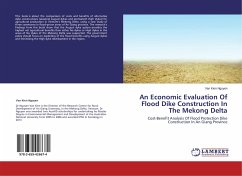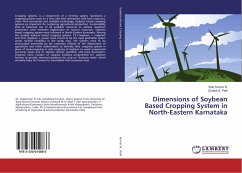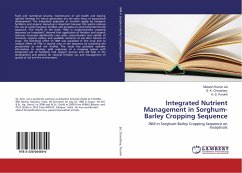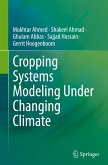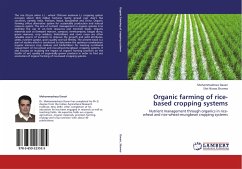In this study the rice based cropping systems of the Mekong Delta of Vietnam are structured with focus on their water pollution potential by agro chemicals. Experts agree that primarily hydrological and secondly soil conditions explain the establishment of certain cropping systems. Dykes, sluice gates and pumps are employed in most places of the Delta. Often times socio economic factors rather than ecological conditions determine when and where those measures of water control are taken into use. Nevertheless, when giving an overview, cropping systems are still best structured according to ecological conditions that follow a natural gradient. Rice based cropping systems can be characterised according to their water pollution potential because farmers display for each system a typical behaviour of fertilizer and pesticides' application whereas the residues or a misuse of these agro chemicals pollute the water bodies. Experts at the Can Tho University and farmers in three agro ecological zones have been interviewed to find out what are typical farming practices and by which factors other than ecological are they influenced.
Bitte wählen Sie Ihr Anliegen aus.
Rechnungen
Retourenschein anfordern
Bestellstatus
Storno

